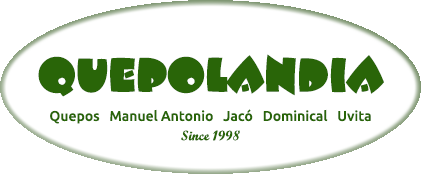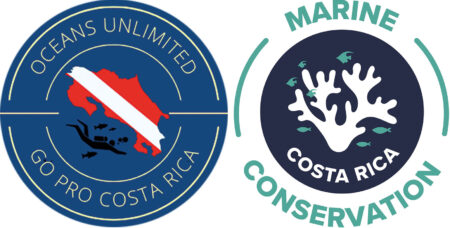Taste the Difference: Eco-Conscious Seafood Options in Manuel Antonio
When dining in Costa Rica, the abundance of fresh seafood options is undeniable. From succulent ceviche to grilled fish platters, the coastal cuisine is a true delight for the senses. However, as travelers and responsible consumers, it’s crucial to consider the impact of our seafood choices on the environment and local ecosystems.
Understanding Sustainable Seafood
Sustainable seafood choices refer to selecting fish and other marine delicacies that are harvested or farmed in a manner that minimizes environmental impact and ensures the long-term health of marine ecosystems. This includes practices such as avoiding overfished species, supporting responsible fishing methods, and promoting sustainable aquaculture.
 At its core, sustainable fishing encompasses practices that balance marine ecosystems, ensure the long-term viability of fish populations, and minimize environmental harm. This involves adopting fishing methods that limit bycatch, avoid overfishing, and protect sensitive habitats such as coral reefs and seagrass beds.
At its core, sustainable fishing encompasses practices that balance marine ecosystems, ensure the long-term viability of fish populations, and minimize environmental harm. This involves adopting fishing methods that limit bycatch, avoid overfishing, and protect sensitive habitats such as coral reefs and seagrass beds.
Sustainable fishing also extends beyond the act of catching fish to encompass the entire seafood supply chain. It includes responsible management of fisheries, traceability of seafood products, and support for initiatives that promote transparency and accountability within the industry.
Why Does Sustainability Matter?
Making sustainable seafood choices is not just about preserving the delicate balance of ocean ecosystems; it’s also essential for safeguarding the livelihoods of local fishermen and coastal communities. Overfishing and destructive fishing practices can deplete fish stocks, disrupt marine habitats, and threaten the biodiversity of our oceans. By opting for sustainably sourced seafood, we can support efforts to conserve marine resources and promote the well-being of both people and the environment.
How Your Choices Make a Difference
So, you are sitting down in a beautiful restaurant on the hill, thinking about what dish you would like to try. Every seafood purchase we make sends a powerful message to the industry and helps shape the future of fishing practices. By choosing sustainably caught or farmed seafood, we incentivize fisheries and aquaculture operations to adopt more responsible methods. This, in turn, contributes to the preservation of marine biodiversity, the reduction of bycatch and habitat destruction, and the overall health of our oceans.
How Do You Make the Right Choice?
 We recently had the pleasure of welcoming 9 students from Mott Community College in Flint, Michigan, who came to help us in our progress towards protecting our oceans. Months before joining us here in Quepos, they had begun important research into the fishing industry and in particular, the sustainability of certain fish in Costa Rica. Once here, they conducted primary research speaking to restaurants, tourists and fishermen in the local area to find out more about the fishing industry and its sustainability. They produced a sustainable fish guide which is available for download on our website using this QR code.
We recently had the pleasure of welcoming 9 students from Mott Community College in Flint, Michigan, who came to help us in our progress towards protecting our oceans. Months before joining us here in Quepos, they had begun important research into the fishing industry and in particular, the sustainability of certain fish in Costa Rica. Once here, they conducted primary research speaking to restaurants, tourists and fishermen in the local area to find out more about the fishing industry and its sustainability. They produced a sustainable fish guide which is available for download on our website using this QR code.
From the research conducted by MOTT Community College, we found out that 60% of tourists in Quepos, Costa Rica do not know what sustainable seafood is!
You can change this by being aware and educating other visitors and tourists to the area. Below are some species to avoid, as well as alternative options. This helps reduce pressure on fragile species and contributes to the overall sustainability of fisheries.
By making informed and ethical seafood decisions, we can savor the flavors of Costa Rica’s coastal cuisine while contributing to the conservation of its marine treasures. Let’s dine with respect for the ocean, ensuring that future generations can continue to enjoy its bounty for years to come.



